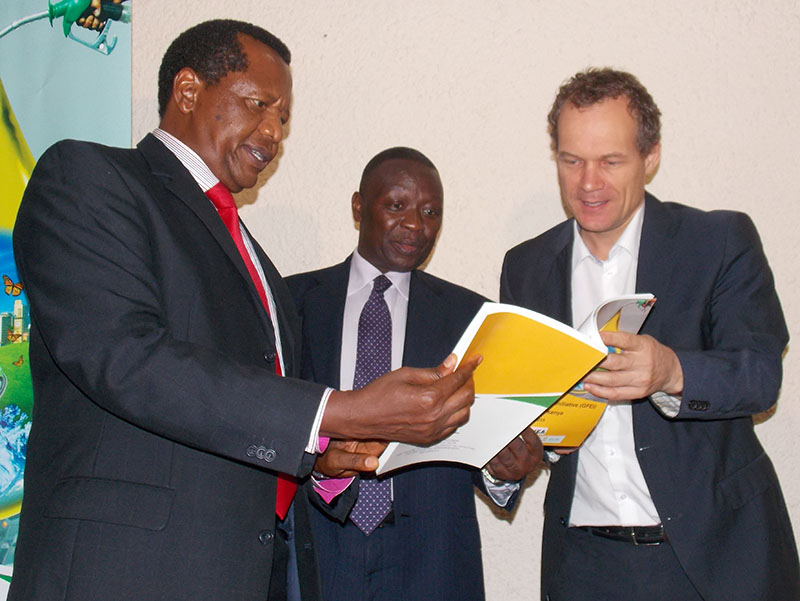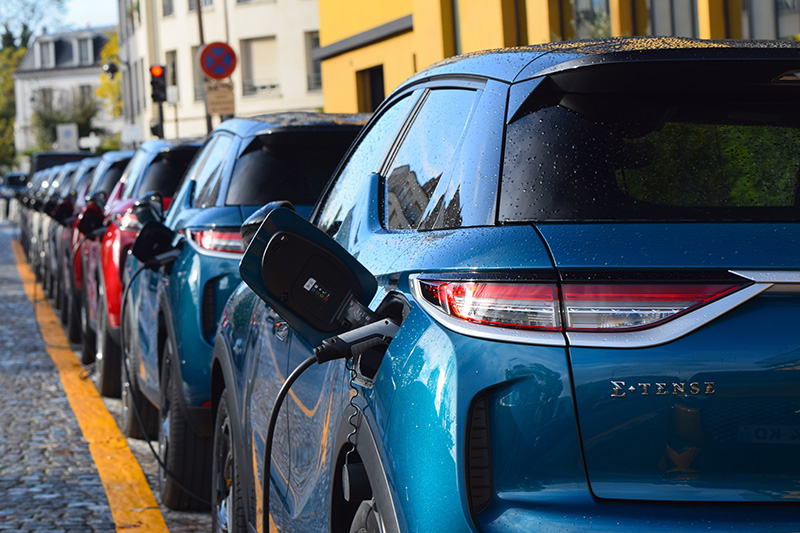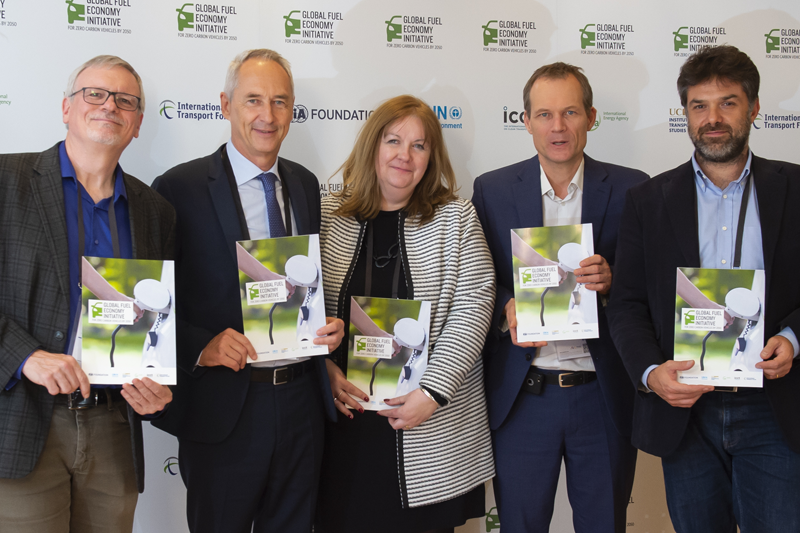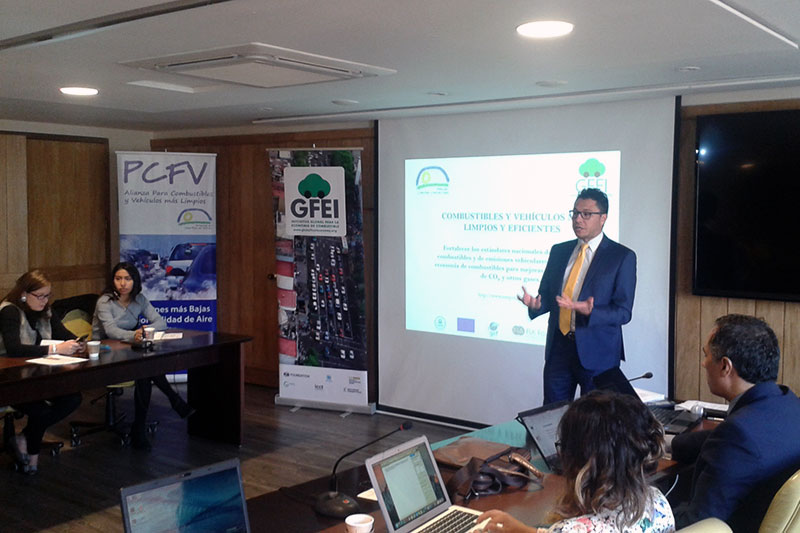GFEI supports Kenyan fuel efficiency drive

The Government of Kenya, with technical support from the Global Fuel Economy Initiative (GFEI), has announced plans to introduce a new feebate and labelling scheme to promote imports of fuel efficient vehicles.
The plans were launched at a media breakfast meeting in Nairobi on 9 April 2015, hosted by the Principal Secretary of the Ministry of Energy and Petroleum and the Director General of the Energy Regulatory Commission (ERC) - who are also implementing the GFEI’s project in Kenya - and the UN Environment Programme, GFEI’s implementing partner.
The Kenyan government committed to support the importation of fuel efficient vehicles through fiscal and other strategies such as the adoption of a feebate system and mandatory vehicle labelling. Proposed guidelines and draft standards on these policies are already under development by the University of Nairobi and will be presented to government in the summer of 2015.
The GFEI has been working with the Energy Regulatory Commission, the National Transport and Safety Authority, National Environment Management Authority, Kenya Bureau of Standards and Petroleum Institute of East Africa to drive the process of achieving reduced carbon emissions with support from the Ministry of Transport. Together they undertook a baseline study, which shows that the average fuel consumption of light duty vehicles in Kenya is 7.5 Litres/100 km compared to the global average of 7.2 L/100 km. The work also shows that this average fuel economy of vehicles imported into Kenya is getting worse – from an average of 7.4L/100km in 2010 to 7.7 L/100km in 2012. With the current annual growth rate in light duty vehicles at 12%, and the cumulative vehicle registration at 2.02 million in 2012, unless policies to shift imports towards cleaner, more fuel efficient vehicles are enacted, the situation will worsen. The full report is available at: www.erc.go.ke/gfei
Speaking at the media briefing, UNEP's Head of Transport Unit, Rob de Jong, said: "The transport fleet in Kenya is up to 90 per cent composed of second-hand imported vehicles, and we have an opportunity to make these more fuel-efficient and cleaner because if they use less fuel they emit less. We can do this by making small changes like giving incentives for buying cleaner cars and this will easily halve our emissions, which comes with major economic advantages."







